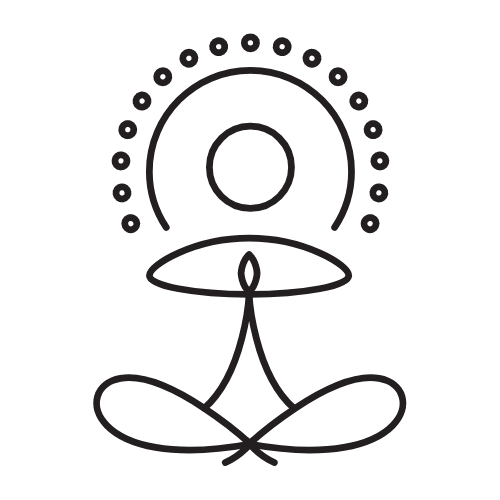Whatever self-care looks like to you, as long as it’s good for your health in the long run and leaves you feeling restored or rejuvenated, we’re here for it. Then there’s bed-rotting – a popular trend that has racked up millions of views on social media and involves spending an extended period of time in bed – and the line between delightful and detrimental on this one can quickly become blurry.
We’re not talking about being in bed for an hour or two after your alarm has gone off – bed-rotting is more about being tucked up for most of a day or weekend. And no, bed-rotting isn’t necessarily about sleeping (although it can involve naps if you’re so inclined), it can also be time spent watching shows or TV, eating or scrolling on your phone.
The whole point is to be intentionally unproductive and relaxed in order to deal with feelings of fatigue or burnout, and ultimately recharge your batteries. But is it truly healthy and a legitimate form of self-care? It depends. Here’s how to know.
When bed-rotting is self-care
The term self-care can typically bring to mind more glamorous or relaxing activities like spa days, face masks, long walks, yoga, meditation, or cosying up with a book and a cup of tea, but self-care is so much broader than that. It can encapsulate a broad range of healthy habits that promote your physical, mental and spiritual wellbeing.
Perhaps for you, self-care looks like regular therapy appointments and putting aside some money each week for a rainy day, while for your friend it might look like cleaning their home or blocking out time in the workday for a proper lunch break. Or perhaps for you, self-care looks like carving out some me time rotting in bed.
The key things to note are that your time spent lounging around in bed leaves you feeling much better during and afterwards, it isn’t a masking tool for deeper issues, you’re still sleeping well at night, and it’s one of many other self-care strategies you have in your wellness toolbox.
For someone who has a physically or mentally demanding lifestyle or even has just been through a particularly stressful week, active forms of self-care can be another energy drainer. Bed-rotting, on the other hand, can be a fantastic way to slow down, calm your mind, enjoy a TV show and recharge in peace. Research has shown that daytime naps can also have positive effects!
Regardless of your circumstances, embracing doing nothing and having some downtime is never something to feel guilty about – and this is an activity that has been embraced for centuries. In fact, the Scottish term “hurkle durkle”, which means “to lie in bed or lounge about when one should be up and about” was first used in 19th century Scotland!
Despite what the world might tell you, you don’t have to be constantly hustling or chasing your next big goal – that’s a path heading straight to burnout – and if the occasional afternoon or day spent burritoed in your blankets is exactly what you need in your self-care rotation, then power to you. Relish those moments!
When bed-rotting isn’t so good
The line you don’t want to cross with bed-rotting is when it lasts for multiple days, happens on the regular, is messing with your nighttime sleep routine, is the primary or only self-care strategy you have, or is something you’re doing to avoid facing a deeper issue.
One of the major red flags with bed-rotting is the effect it can have on your circadian rhythm and sleeping habits – the best and essential form of rest. If by the time you get into bed at night after a day in bed you’re suddenly wide awake, have come to associate all time spent in bed with doom-scrolling or binge-watching TV shows, or now have a pile of dirty dishes on your bedside table – it’s probably not the best self-care habit for you.
Noticing you’re feeling numb, more drained afterwards, or ashamed of how you’ve spent your day can also be a sign you need to switch things up. Bed-rotting also shouldn’t be a tactic you regularly turn to as a way to catch up on sleep debt, cope with chronic burnout or ignore other important issues.
If any of this sounds familiar, there’s no judgement here. It could be a great time to reach out to a loved one to share what you’re going through or seek professional support if you’re not sure who to turn to. Remember, there are plenty of other ways to have downtime if bed-rotting is becoming more of a hindrance than a help.
YogaFokus is about so much more than your workouts
Feel your best – inside AND out
Healthy habits start here
Bed-rotting isn’t inherently good or bad – it’s not that black and white. A long day in bed can be exactly what you need or the worst thing for you, depending on your individual circumstances, how it makes you feel and how often you’re doing it. When it comes to self-care, having a big toolbox is a superpower that allows you to fill your own cup in multiple ways and mix it up regularly to care for each part of your wellbeing. At the end of the day, self-care is all about taking care of you.

